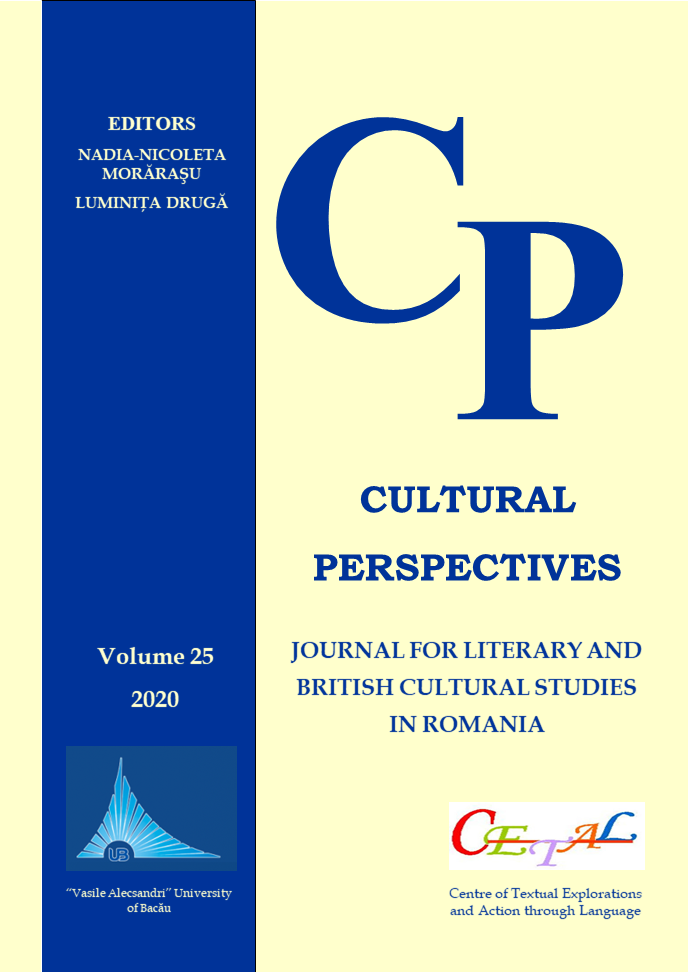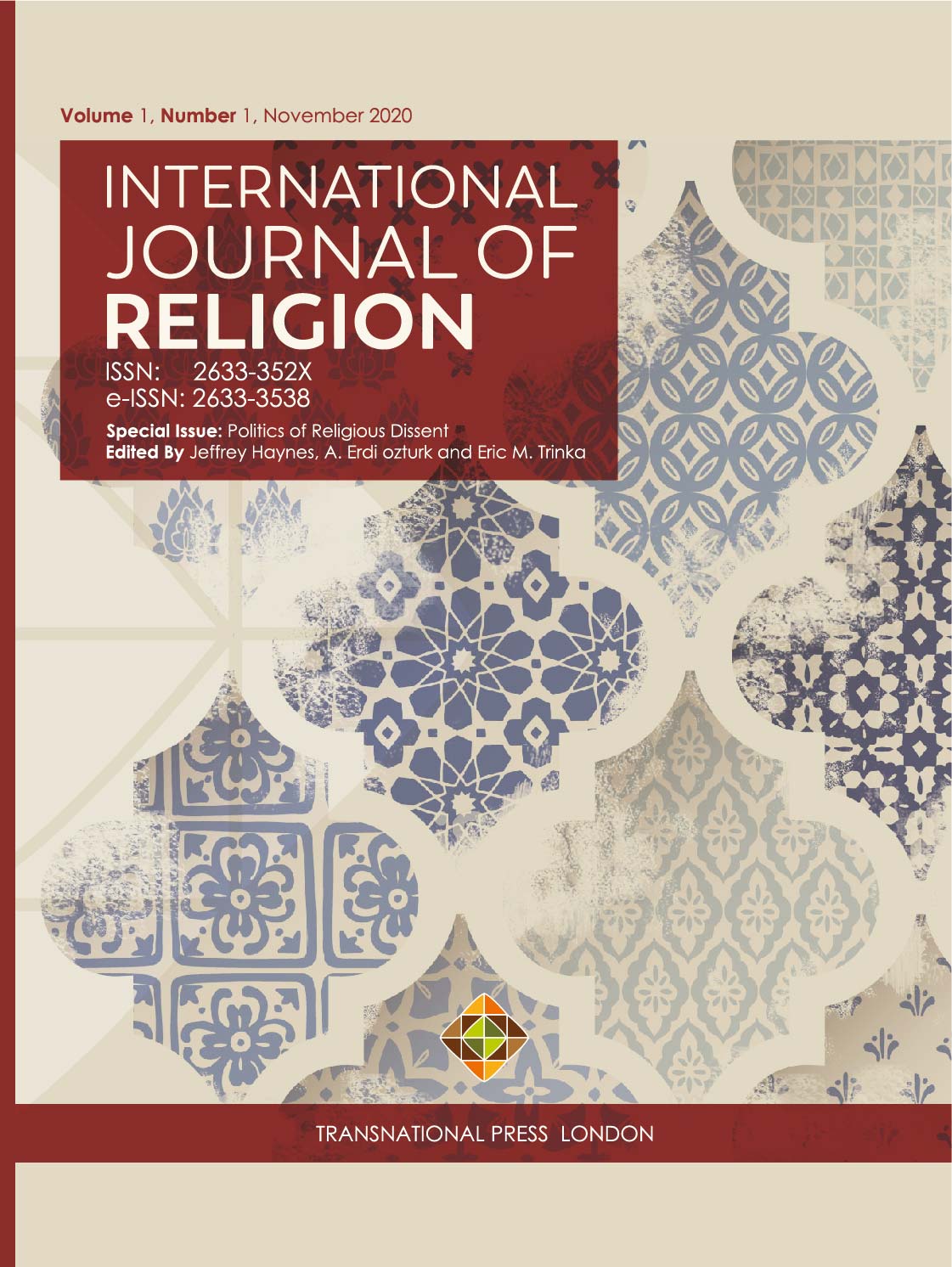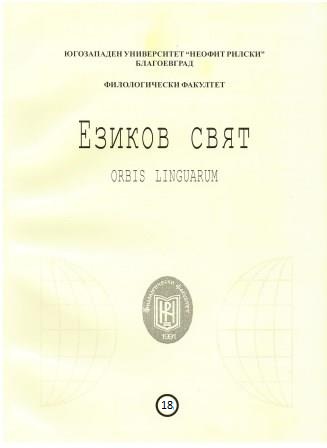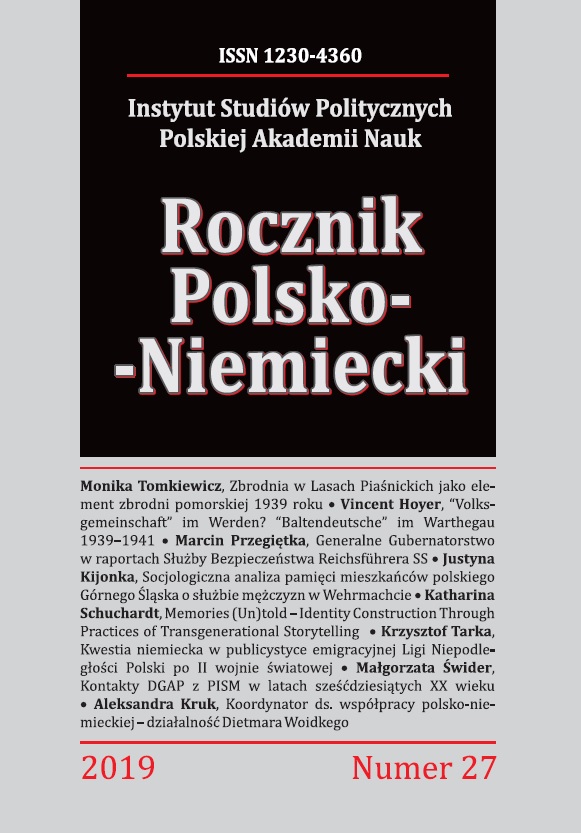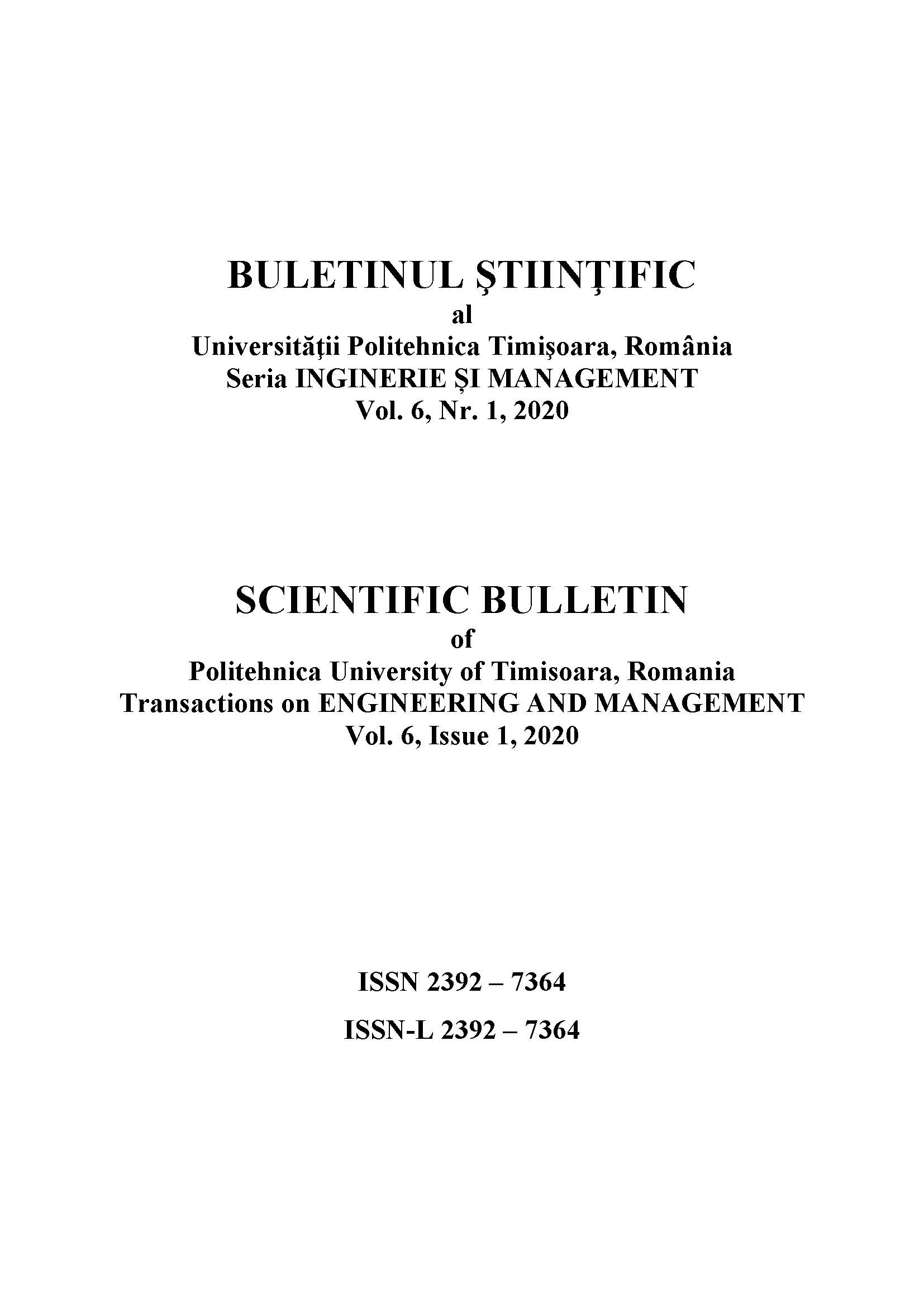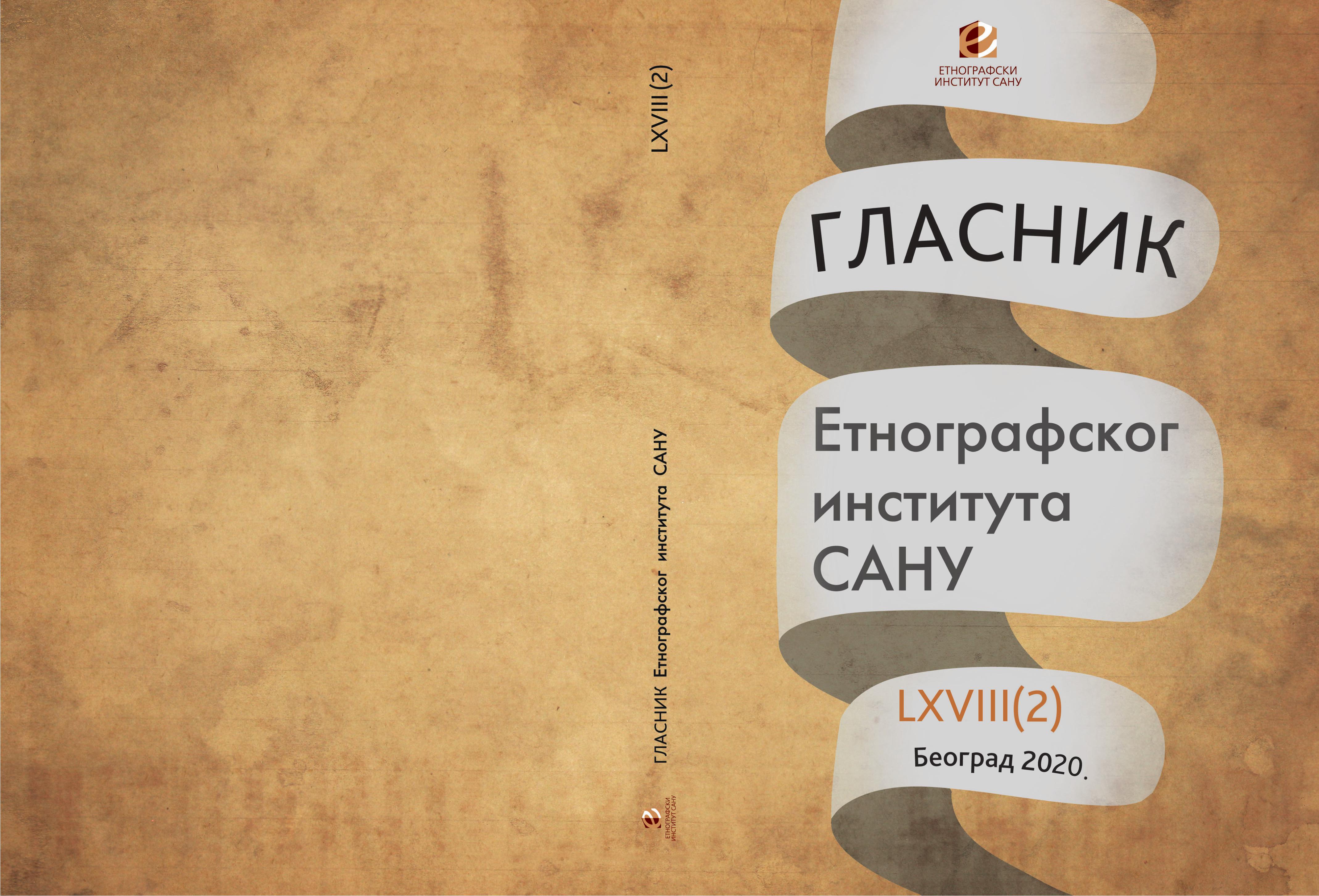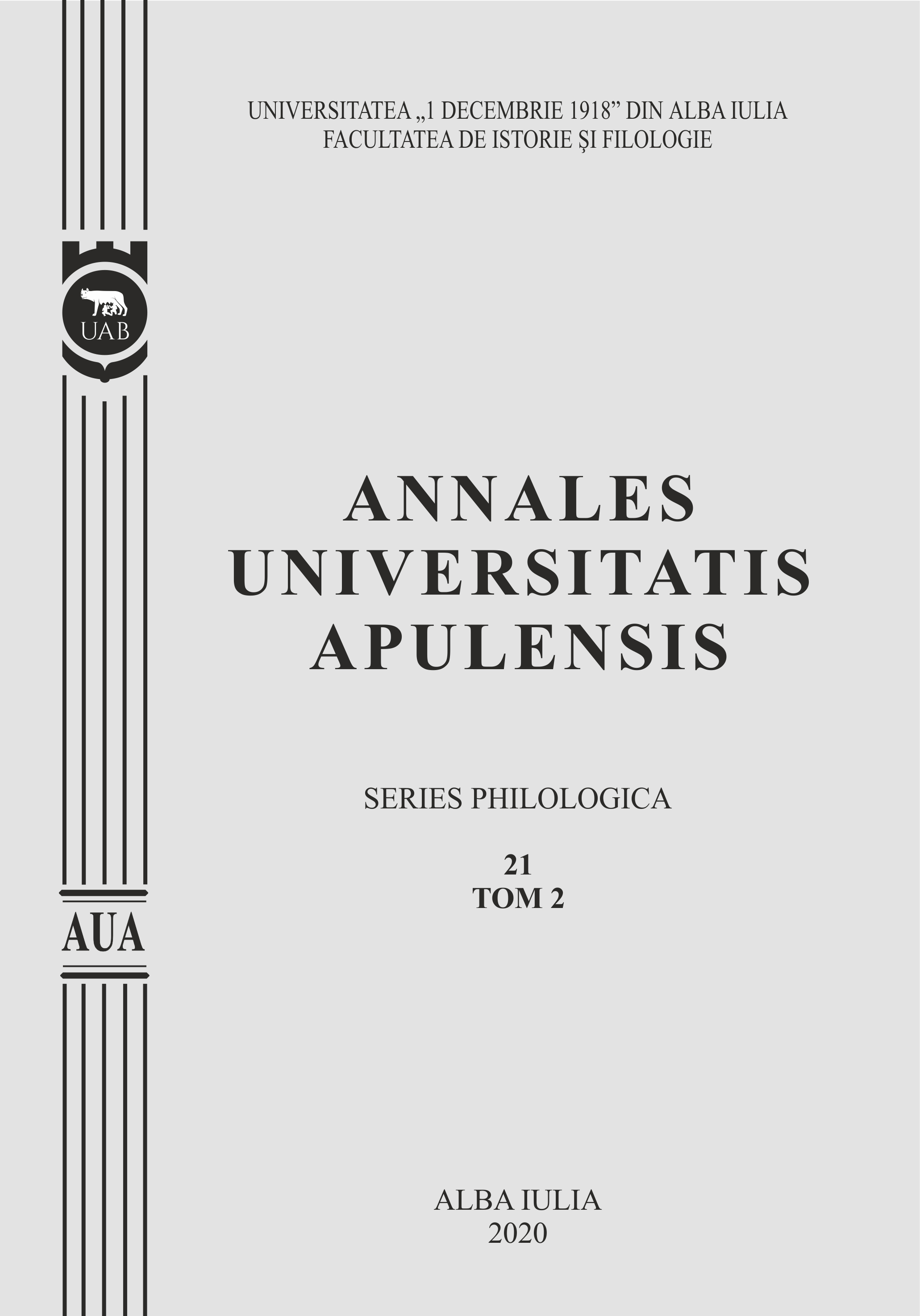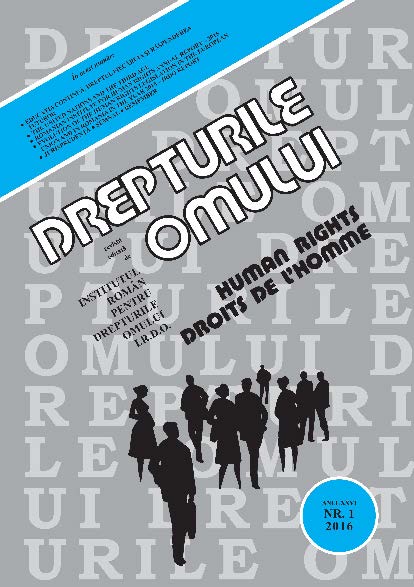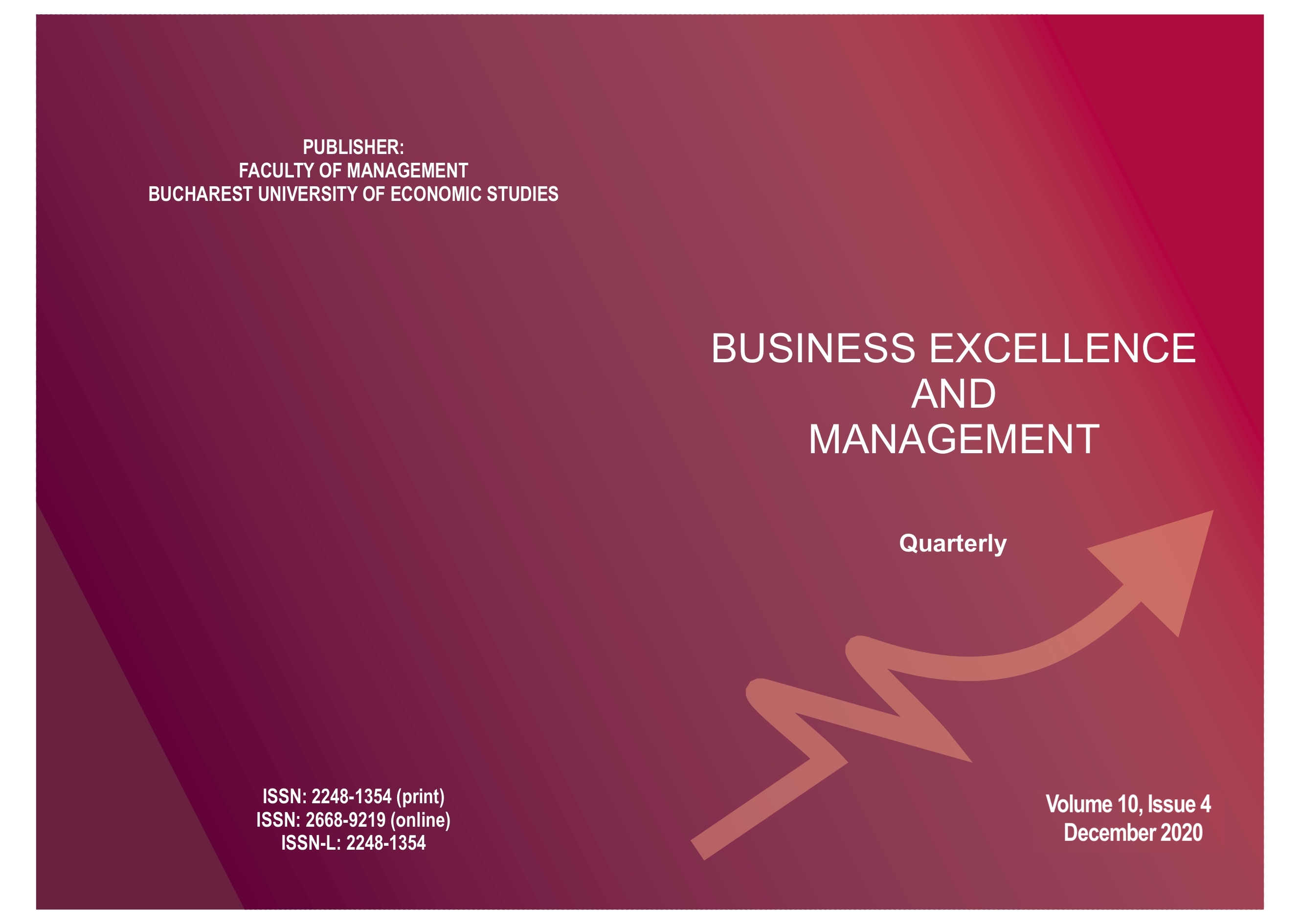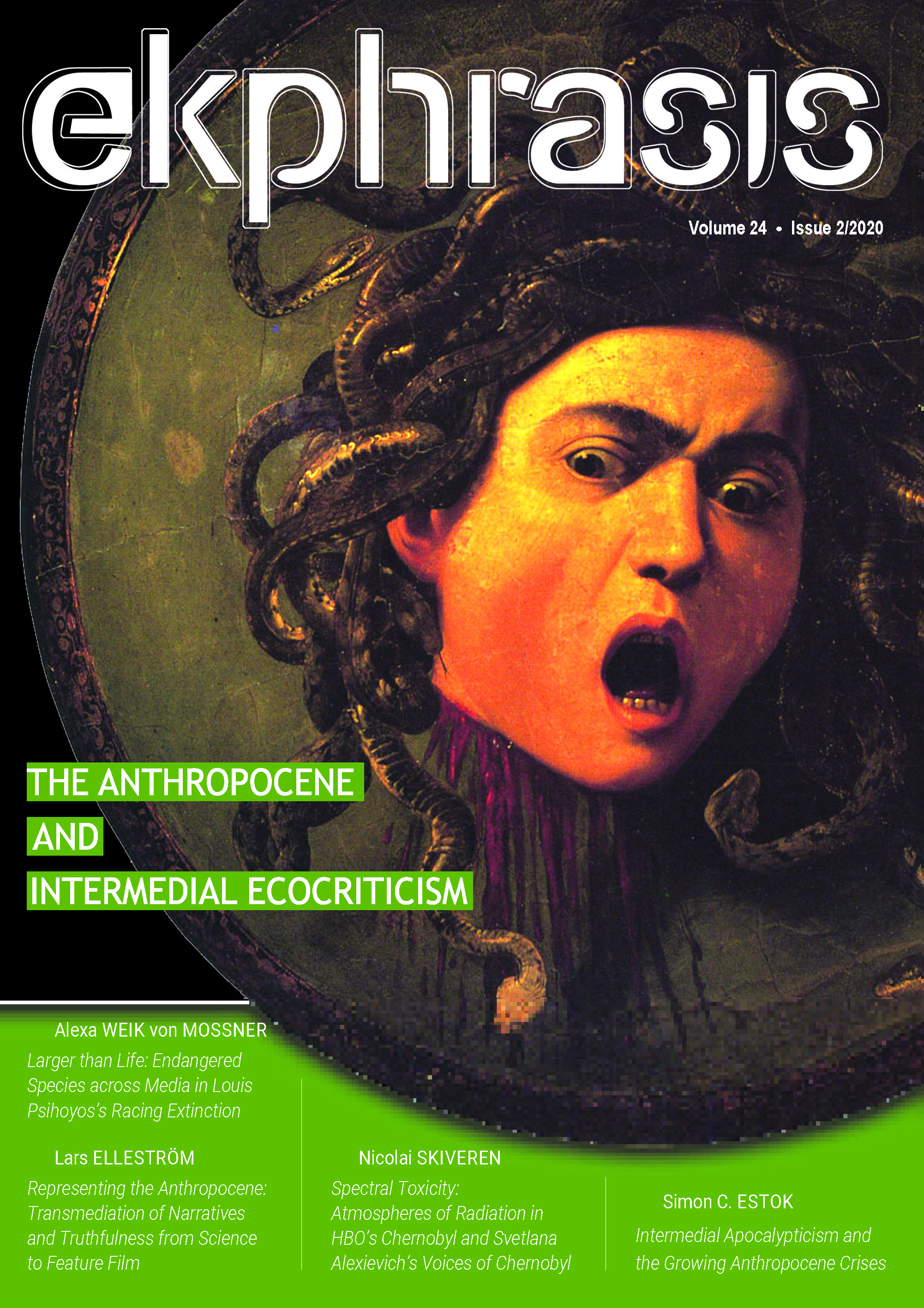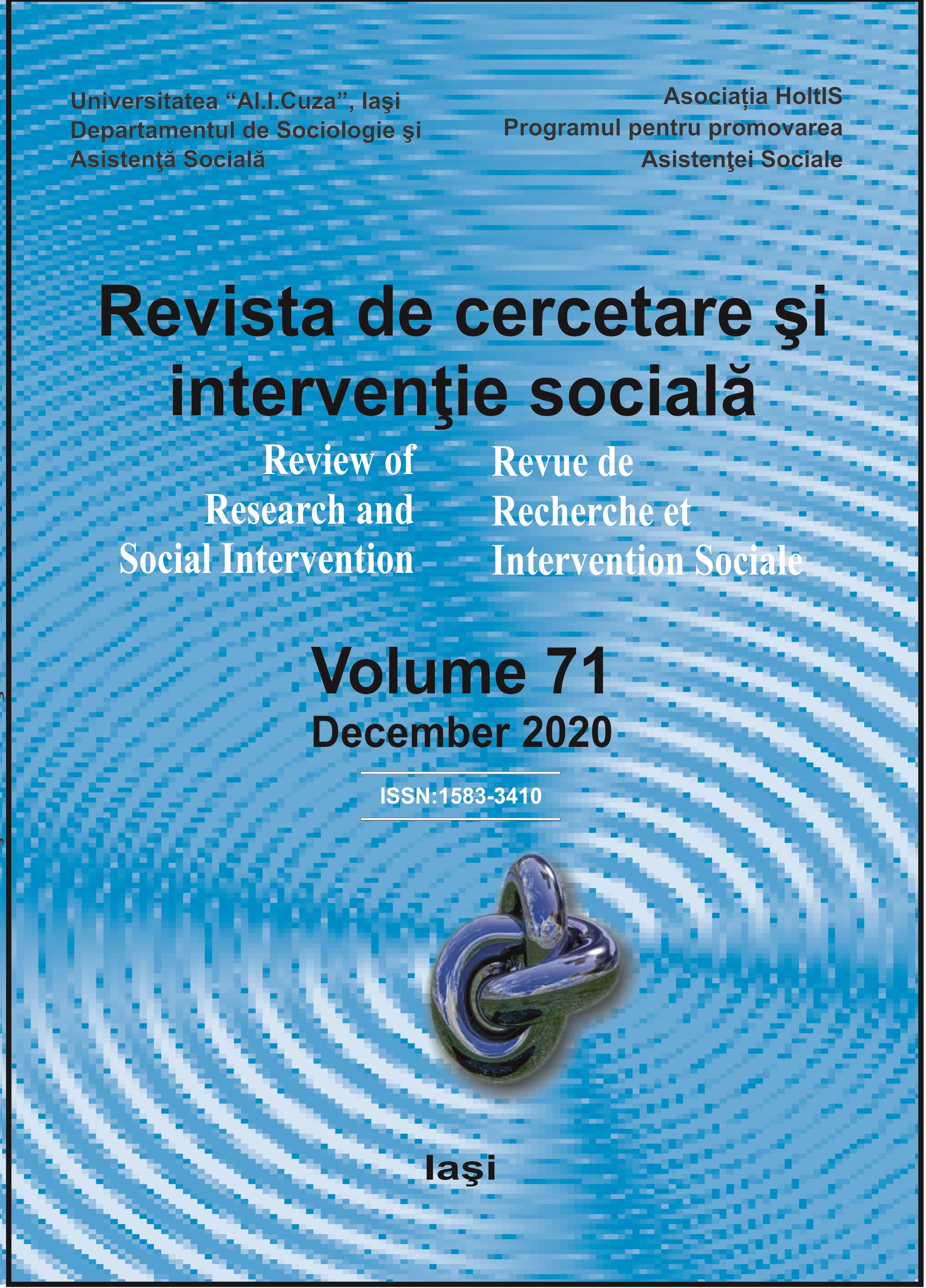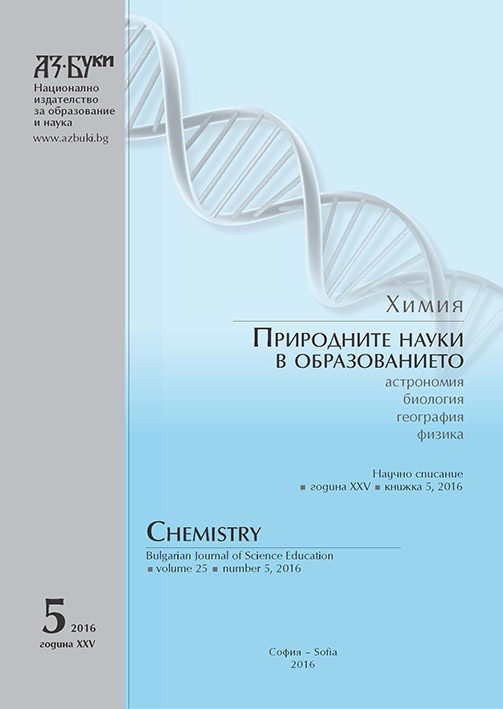
Determination of the Rate and the Equilibrium Constant with Kinetic Approach
So far, the kinetic approach for determination of the rate constants of reversible reaction is still using the equilibrium concentration. Basically, this is thermodynamic concept. This technique is not only needs a long time for the experiments but also gives only the exact value of the forward rate constant. The exact value of backward rate constant must be determined based on the postulated reaction mechanism. This study presents a simple technique on the determination of the exact value of both forward and backward rate constants using irreversible approach on three data at the early stages of a reaction and then used for the determination of equilibrium constant. This theoretical study is supported with statistical analysis on the experimental data adapted from the literatures. The results showed that the technique is valid and reliable.
More...
